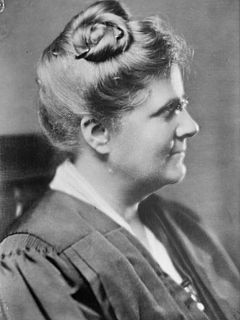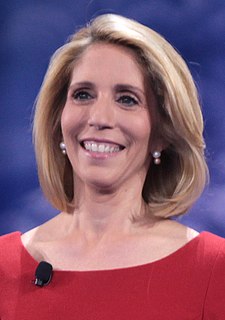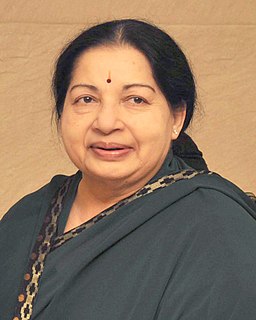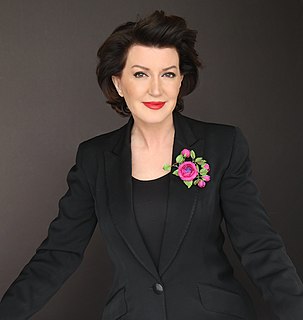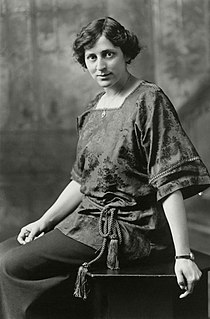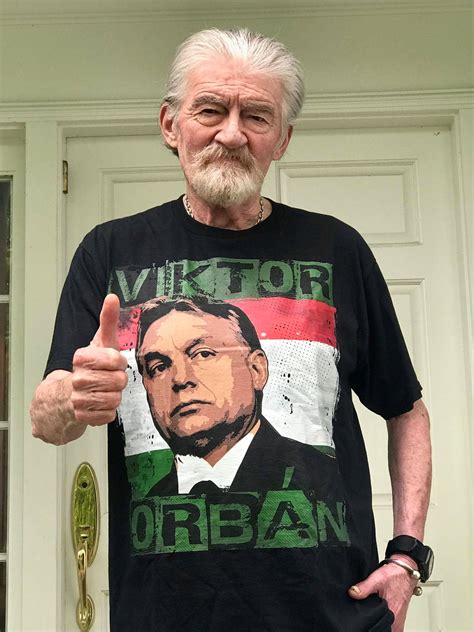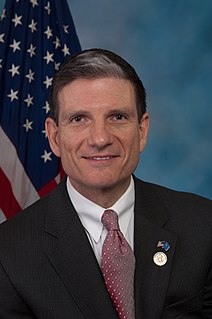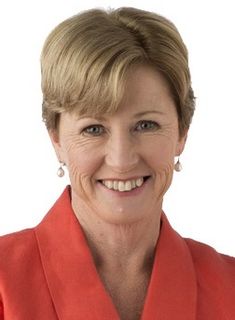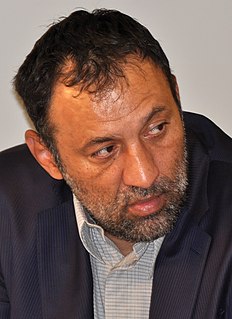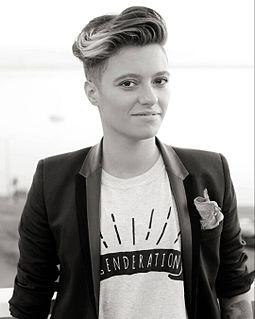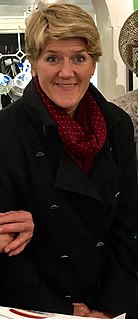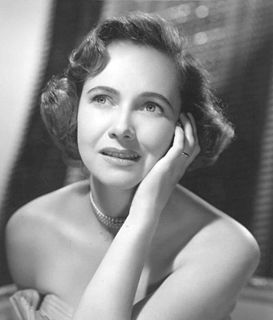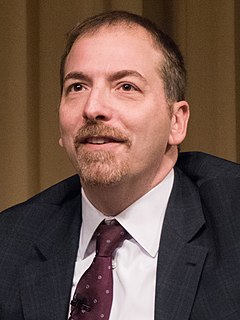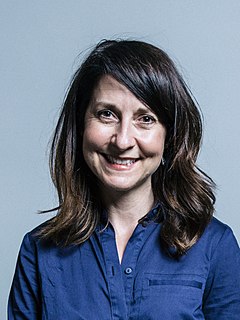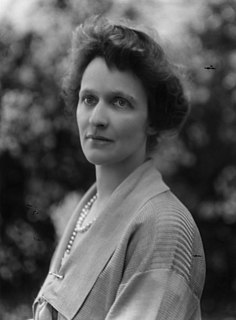Top 1200 Women In Politics Quotes & Sayings
Explore popular Women In Politics quotes.
Last updated on April 14, 2025.
There is a certain increase in the importance I assign to women in getting us out of the mess that we are in, which is a reflection of the role of women in my traditional culture - that they do not interfere in politics until men really make such a mess that the society is unable to go backward or forward. Then women will move in.
When it comes to politics, we have an internal glass ceiling. We stand as good a chance as a man to win a political race, but women don't want to run at the same rate as men do. People point to the work-family balance issue, but I think it's much more than that. Many women don't have children, or have children who are no longer at home. There are some deeper psychological and emotional issues in play, like the fact that many of us feel like the embarrassment, humiliation and personal demonization in politics are simply more than our hearts can take. What stops us is fear.
We have extraordinary women running for us right across Canada, and I look forward to showing that women are needed in positions of power. And I certainly hope that, after people see how effective a cabinet with a gender parity in it is, we're going to draw even more women into politics in subsequent elections.
I think if you were to talk to women who have run, both successfully and unsuccessfully, nearly all of them would say, "You learn so much." You learn about yourself, what you're capable of doing.... And it doesn't have to all happen when you're young - I mean, one of the most powerful women in American politics is Nancy Pelosi. She had five children. She didn't go into politics until her youngest child was in high school.... That's one of the great things about being a woman in today's world: You have a much longer potential work life than our mothers or our grandmothers did.
I care deeply about women's rights. I have been an outspoken advocate for them for many years and as secretary of state I carried that message around the world because empowering women, providing for women's rights, their full participation in society, politics, the economy is not only a matter of individuals being able to chart their own futures. It's good for democracy and it's good for peace and prosperity.
I've been a proud mentor to many women seeking public office, because I believe we need more women at all levels of government. Women have an equal stake in our future and should have an equal voice in our politics. These are challenging times, but I believe getting more women to run for office is a big part of the solution.
It iscrucial that we understand lesbian/feminism in the deepest, most radical sense: as that love for ourselves and other women, that commitment to the freedom of all of us, which transcends the category of "sexual preference" and the issue of civil rights, to become a politics of asking women's questions, demanding a world in which the integrity of all women--not a chosen few--shall be honored and validated in every respect of culture.

